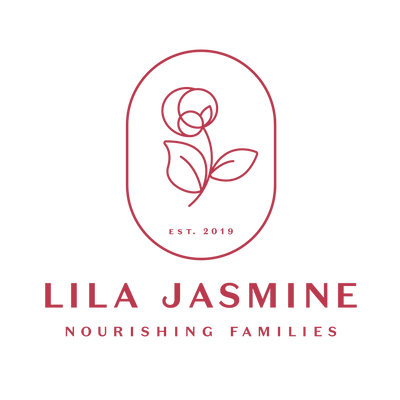Practical advice for partners, as recommended by Soteria's readers
Whether it’s your first time or you’ve been here before, postpartum is a transition for everyone involved. It’s blissful, intense, challenging, joyous, filled with love and filled with fear, and sometimes all at the same time!
If you’re not the birthing person or the breastfeeding parent, it can be an adjustment to find your role with a newborn, and discover how to support your partner as they navigate feeding, disrupted sleep, emotional ups and downs, and physical changes postnatally.
It’s true that as the primary carer they’re doing a lot but as their other half or their support person, it doesn’t mean you don’t have a place. In fact, there’s plenty you can do to be involved and there are lots of ways you can make their postpartum journey a little smoother:
- Act as the gatekeeper in the early days. You’re in charge of setting boundaries with visitors, including who comes to visit and for how long they stay. Also, some parents don’t want their baby handed around and that’s completely understandable – if that’s the case for your whānau, it might be a good idea to set those expectations upfront when organising the visit, that way you don’t have to deal with the confrontation in the moment.
- Make sure you arrange water, snacks, and cups of tea for your other half when they’re breastfeeding. While they’re feeding the baby, they need to be fed too. Plus, it’s thirsty work! This might seem like a small gesture but it shows you care.
- Change. The. Nappies. If your partner is the stay-at-home carer for your baby while you’re at work, your job is to tap in whenever you’re at home!
- Take charge of bathing your pēpi. It’s a beautiful way to bond with your little one and is a special task you can take charge of. Plus, it gives your partner a chance to rest since they’ve looked after the baby all day.
- Remember that the postpartum period should be a time of rest and recuperation – it’s called the Fourth Trimester for a reason. With that in mind, looking after a newborn is a full-time job in itself and the stay-at-home parent shouldn’t be expected to do much cooking and cleaning in those early weeks, if at all! In fact, taking care of the household chores is one of the most helpful things you can do. It will help your partner feel more at ease at home and feel less pressure to ‘do it all.’ Because let’s be honest, with a newborn in tow, they’re already doing plenty.
Article written by Soteria + shared with permission, to read the original piece click HERE
PHOTOGRAPHY Catherine Smith @catherinesmithphotography

